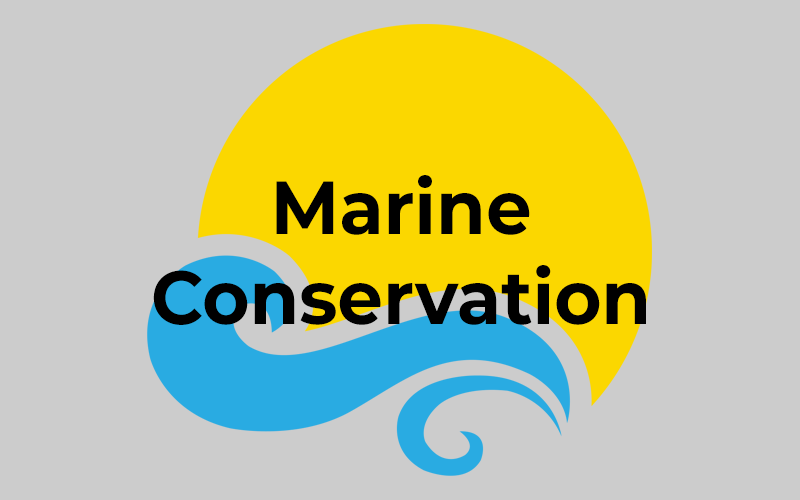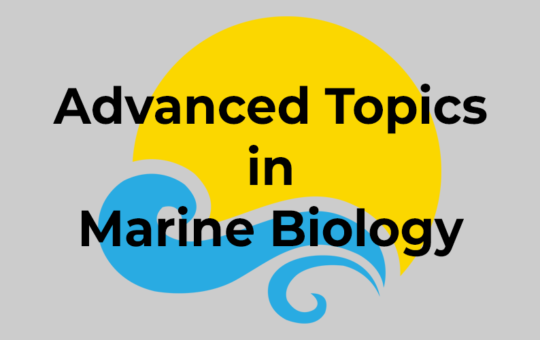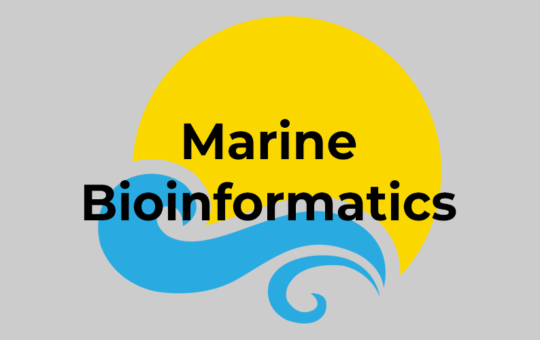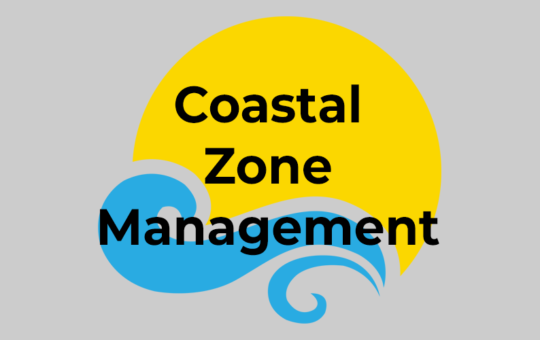
Marine Conservation
Marine Conservation is dedicated to the study and practice of preserving marine biodiversity and ecosystems. This course provides students with a comprehensive understanding of the principles and strategies used to protect and manage marine resources. Students will explore the major threats to marine environments, such as overfishing, pollution, habitat destruction, and climate change, and learn about the ecological, economic, and social impacts of these threats. The course emphasizes the importance of conserving marine biodiversity and the ecosystem services provided by healthy marine environments.
In addition to understanding the challenges, students will study various conservation tools and approaches, including the establishment and management of Marine Protected Areas (MPAs), habitat restoration, and sustainable resource management practices. The course also covers policy and legislation at local, national, and international levels, highlighting the role of governance and community engagement in successful conservation efforts. Through lectures, case studies, fieldwork, and collaborative projects, students will gain practical skills and knowledge essential for careers in marine conservation, environmental policy, and resource management, while developing a deep appreciation for the need to protect our oceans for future generations.
Curriculum
- 6 Sections
- 20 Lessons
- 1 Quiz
- 0m Duration
Section 1: Introduction to Marine Conservation
- Chapter 1: Overview of Marine Conservation
- Chapter 2: History of Marine Conservation
- Chapter 3: Marine Ecosystems at Risk
Section 2: Threats to Marine Biodiversity
- Chapter 4: Overfishing and Exploitation
- Chapter 5: Pollution and Marine Debris
- Chapter 6: Climate Change and Ocean Acidification
- Chapter 7: Habitat Destruction and Degradation
- Chapter 8: Invasive Species
Section 3: Conservation Strategies and Practices
- Chapter 9: Marine Protected Areas (MPAs)
- Chapter 10: Restoration Ecology
- Chapter 11: Sustainable Resource Management
Section 4: Policy and Legislation
- Chapter 12: International Marine Conservation Agreements
- Chapter 13: National and Regional Policies
- Chapter 14: Community-Based Conservation
Section 5: Research and Monitoring
- Chapter 15: Conservation Research Techniques
- Chapter 16: Technology in Marine Conservation
- Chapter 17: Citizen Science and Public Engagement
Section 6: Future Directions in Marine Conservation
- Chapter 18: Emerging Threats and Challenges
- Chapter 19: Innovative Conservation Solutions
- Chapter 20: Global Collaboration for Marine Conservation
- Course 11: Marine Conservation - Assessment Test





